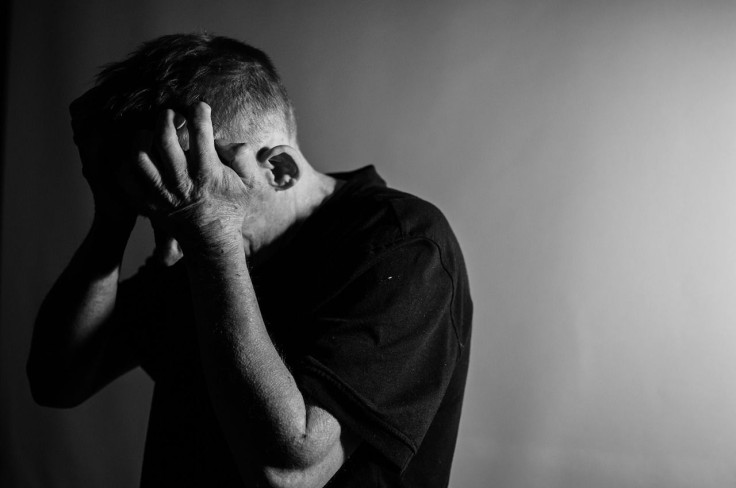Anesthetic Drug, Ketamine, Decreases Suicidal Thoughts Faster Than Common Sedatives: Study

Ketamine was found to be more effective in reducing suicidal thoughts when compared to common anti-depressant sedatives, a study conducted by researchers at Columbia University Medical Center (CUMC) stated. The study was published Dec. 5 in the American Journal of Psychiatry.
Michael Grunebaum, MD and a research psychiatrist at CUMC, who led the study said, “There is a critical window in which depressed patients who are suicidal need rapid relief to prevent self-harm,” according to a report by Science Daily.
“Currently available antidepressants can be effective in reducing suicidal thoughts in patients with depression, but they can take weeks to have an effect. Suicidal, depressed patients need treatments that are rapidly effective in reducing suicidal thoughts when they are at highest risk. Currently, there is no such treatment for rapid relief of suicidal thoughts in depressed patients," he added.
The report stated most of the anti-depressant trials excluded patients who were suicidal and in need of a quick relief. This resulted in the limitation of data that showcased exactly how effective anti-depressants were in reducing suicidal tendencies. However, earlier studies have shown low dosages of ketamine can result in a rapid decrease in the symptoms of depression and may also lead to the reduction in suicidal thoughts.
The report said 80 patients with depression, who had clinically significant suicidal thoughts, participated in the research. They were randomly assigned to get an infusion of low ketamine dosage or midazolam, which is a sedative. After 24 hours, the group of people who received ketamine had a clinically notable reduction in suicidal thoughts as compared to the group that received midazolam. Also, the effect of the ketamine, that is the reduction in suicidal thoughts and depression, lasted till six weeks.
The ketamine group showed an overall improvement in their mood, depression and fatigue as compared to the midazolam group, the report added. Ketamine’s reaction on depression accounted for around one-third of its effect on suicidal thoughts, which suggested the substance had an anti-suicidal effect.
Grunebaum said, “This study shows that ketamine offers promise as a rapidly acting treatment for reducing suicidal thoughts in patients with depression. … Additional research to evaluate ketamine's antidepressant and anti-suicidal effects may pave the way for the development of new antidepressant medications that are faster acting and have the potential to help individuals who do not respond to currently available treatments."
However, the Science Daily report stated, during the time of infusing the ketamine side effects such as disassociation (feeling spacey) and an increase in blood pressure were noted. But these side effects ranged from mild to moderate and were resolved within minutes to hours after the ketamine was received.
The conclusion of the study on the site of the American Journal of Psychiatry read: "Adjunctive ketamine demonstrated a greater reduction in clinically significant suicidal ideation in depressed patients within 24 hours compared with midazolam, partially independently of antidepressant effect.”
© Copyright IBTimes 2024. All rights reserved.






















